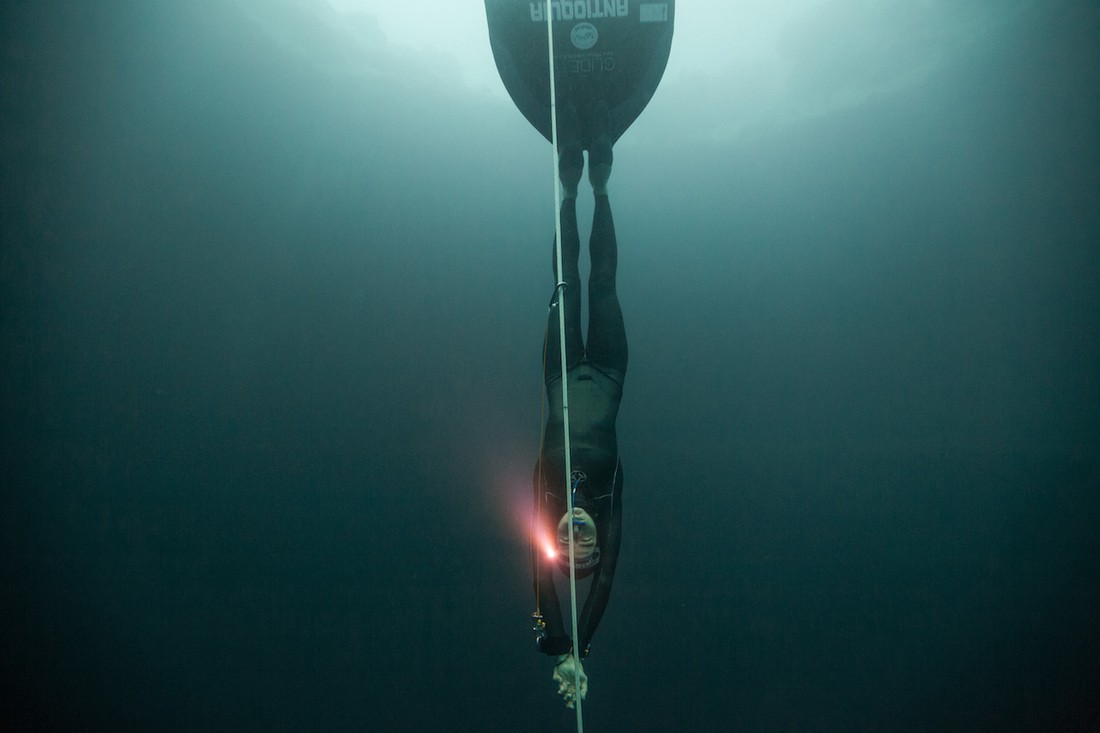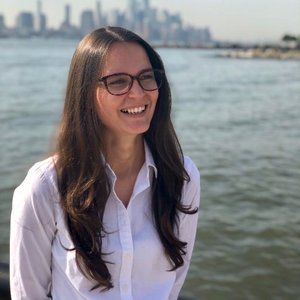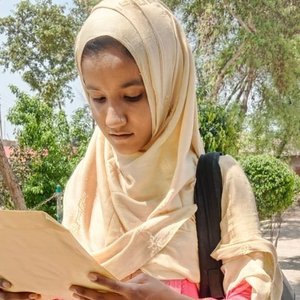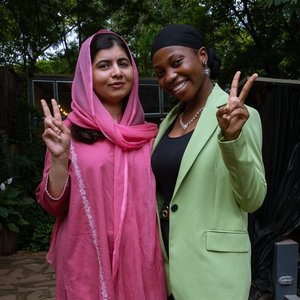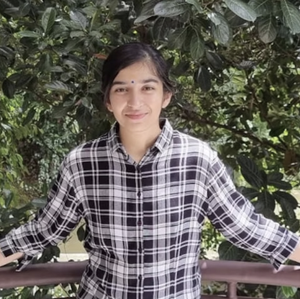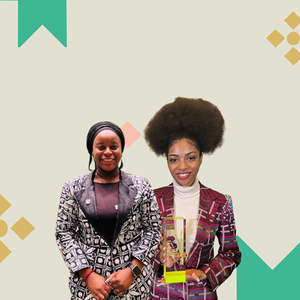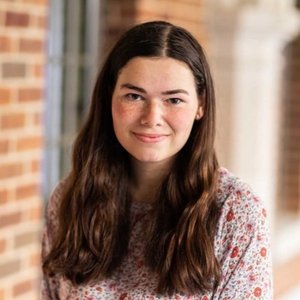Colombia’s champion freediver dishes on athletics and advocacy
(Courtesy of Kalindi Wijsmuller)
A conversation with world record holder Sofía Gómez Uribe.
Sofía Gómez Uribe is one of the best freedivers in the world — she currently holds two world records, one South American record and three Pan-American records. Sofía balanced competing in international championships with completing her education. In 2016, she graduated from the University of Medellin with a degree in civil engineering. Sofía now uses her profile as a champion athlete to advocate for causes close to her heart, which include the environment, Hurricane Maria relief and lung cancer. Malala Fund caught up with Sofía to discuss her diving, activism and advice for young female athletes.
(Courtesy of Daan Verhoven)
Malala Fund (MF): When you are preparing for a dive or competition, what does your training consist of?
Sofía (S): There are two different components in my dives, the mental part and the physical part. The mental is as important as the physical one. When we are underwater and holding our breath at great depths, it is crucial to be mentally strong, confident in our capabilities and determined to do what we are meant to do.
I visualize my dives, prepare my mind for what I must do underwater, so by the time I have to dive, it’s easier mentally because, in a way, I already did the dive. The physical part consists of training my body for the long periods of time without breathing, for the high levels of CO2 and lactic acid in my muscles, for the low levels of O2 in my blood, and for the pressure that builds up with the depths. I must learn how to equalize the pressure that builds up in my ears, so my eardrums don’t burst at depth. I must be flexible enough in my thoracic cage to resist that pressure and the compression of the lungs. We do lung stretches and stretches of our thoracic muscles in general.
(Courtesy of Daan Verhoven)
MF: What goes through your head before a dive and while you are underwater?
S: It really depends on the day, the dive and how I’m feeling in general. Normally I try not to think about anything, leave my mind blank, but it is hard. What is important is to try and resist negative thoughts, those ones that make me doubt of my capabilities and that make me think I can’t reach my goals. Sometimes I sing, sometimes I repeat a mantra, sometimes I focus on everything that I have to do to make the dive perfect, sometimes I just don’t think.
MF: How does It feel to represent Colombia at competitions around the world?
S: It isa true honor to represent my country around the world. It is an honor to be able to make people feel proud to be Colombian. To let them know there are many positive things happening in our country. To change a little bit the news we hear everyday, to give them hope and to inspire people to follow their dreams and work hard to achieve their goals.
“It is a true honor to represent my country around the world. It is an honor to be able to make people feel proud to be Colombian”
MF: Tell us about your recent journey to Antarctica.
S: I was invited to be a part of the Scientific Colombian Antarctic Expedition. This is part of the Colombian Navy and the Colombian Antarctic Programme. Along with my partner Jonathan Sunnex, we performed dives in this very cold Antarctic waters. It was a challenge and an opportunity of a lifetime. It showed me what the body can do, adapting to extreme temperatures and resisting them.
MF: What have you learned from being an athlete?
(Courtesy of Lia Barrett)
S: The most important lesson I’ve learned from being an athlete is that it’s ok to fail. Learning from failures is important in our lives. It makes us stronger. It also teaches us our weaknesses and by knowing them, we can turn them into strengths. I’ve failed many times and although it feels terrible — and you think you will never recover and you have lost lots of time — you can come back and be stronger, wiser and in general, better.
MF: Why was it important to you to continue your education and get a degree in engineering?
S: My parents always taught me the importance of studying. I’ve always combined my education with my athletic career. In the beginning, the idea was to finish my career and start working and leave the sport more like a side thing. But my life showed me a different path. Now sports are my career and engineering my side profession.
I believe it is important to study because education teaches you many positive things. It broadens your mind, teaches you teamwork, teaches you to be dedicated, to respect, also teaches you to fail and don’t give up. When you are studying, you are responsible for your grades. It is up to you to pass a class or to fail, so it teaches you that the only one who is responsible for what happens to your life is yourself. In a way, being a student is like being an athlete — they complement each other.
MF: Why do you use your celebrity profile as an athlete to advocate for different causes, like Hurricane Maria relief, lung cancer and the environment?
S: It is important to give back, to influence people on good things, to try to help as much as possible. I believe in the causes I advocate for. The environment is the most important, because I have direct contact with nature almost every day. I understand that many people can’t really see what negative impact we are making on it. If I can show them it is important to take care of the earth, then I will.
(Courtesy of Daan Verhoeven)
Hurricane Maria destroyed a place that I love, a community that has given a lot to my life, the place where I achieved my two world records and many good memories. It crushes my heart to see what has happened. I have been impressed by the willingness of the people to help, we have raised more than $30,000, and I’m sure we will be able to help the community rebuild their lives and dreams.
My lungs are my way of living. Lung cancer is a disease that kills a lot of people and that normally is not detected on time. It does not have as much exposure as other types of cancer. If I can show it more and warn people about it, it is a way of giving back. I hope I can continue to work with this cause and that people become more aware of it.
MF: What advice do you have for young female athletes who are just beginning their careers?
S: My advice is to never give up, to learn from failures and to understand that the path to success is long and sometimes it can be hard, but dreams do come true.
 Read more
Read more





